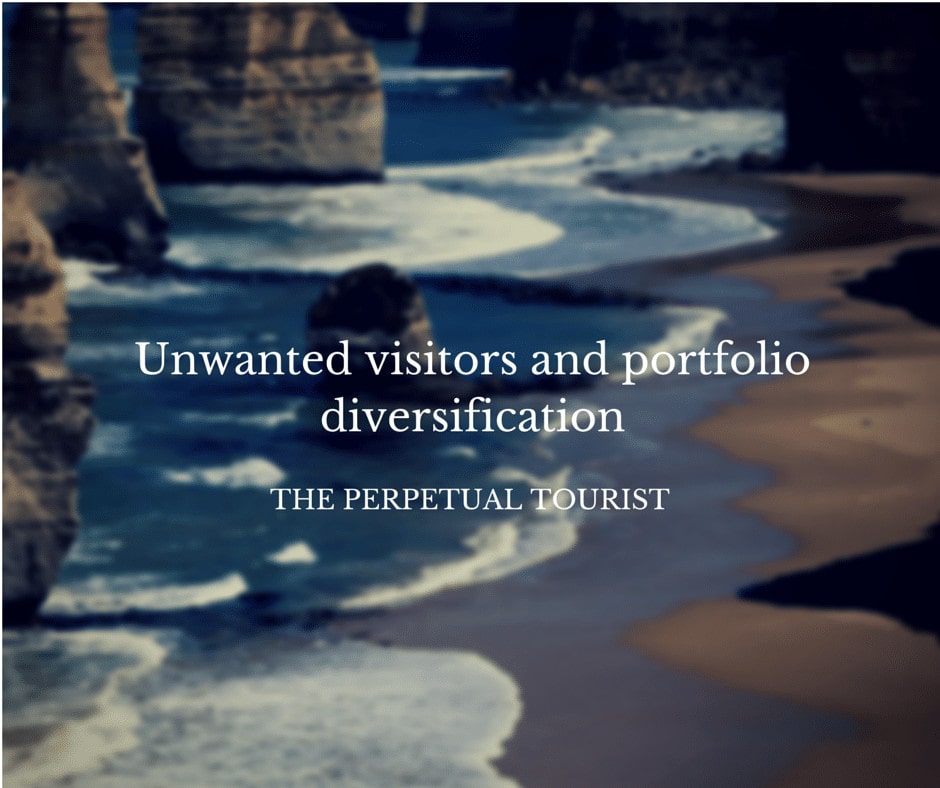It is often observed that the less desirable a country is to visit, the harder that country makes it for you to visit. This appears logical, because the same crushing top-down bureaucracy that tends to make visa processes painful also tends to make the country not that much fun to visit either (take a step forward, Saudi Arabia).
On the other hand, these are the countries that in many ways would benefit the most from more foreign visitors whether simply for hard currency (Sudan), encouraging foreign investment (Somalia) or just doing a bit of international image rehabilitation (Israel).
So, beyond being yet another xenophobic conversation topic for frequent flyers and perpetual tourists to bond over, is this rule-of-thumb helpful in any way? With no scientific basis, I assert that it might be, and that utility lies in difficulty-of-entry as a leading indicator for international capital investment.
Saudi is a case in point. Historically, getting into Saudi has been made so comically difficult that it was enough to make you feel unwanted. First, practically no women were granted visas (unless with husband, father or other male relative). Secondly, the visa application process was opaque and seemingly random, with no apparent relationship between the type of visa you requested, and what you received. The final problem came at Riyadh airport, which had a queuing system based on race, fingerprint scanners that rarely worked and umpteen other problems that meant 2 hour waits were not uncommon.
In the last few months, Riyadh airport has undergone a transformation, with orderly queues based on the nature of your visa, efficient and friendly chaps at the desks, and a average queuing time which is substantially less than most European airports. This comes in addition to the nice new facility they’ve put in a Dubai shopping mall where you can go and get your visa in 24 hours. And to top it all, single women can now get visas and travel unaccompanied in the Kingdom.
So what does this transformation tell us about Saudi Arabia more broadly? Well, first that it’s increasingly having to care about its visiting foreign workers. These people have long supported the Saudi economy, and, because of the difficulty they have persuading people to permanently relocate, a high proportion travel in and out of the country on a regular, sometimes weekly, basis.
But this new caring attitude is surely a function of economic necessity – a recognition that oil revenues are not limitless and maintaining some degree international competitiveness is increasingly necessary. This desire to make efficient use of international human resources will also be reflected in wanting to make efficient use of international capital resources, and so we could reasonably expect to see measures put in place to encourage inward investment, as we’ve seen in other gulf states (Bahrain, UAE, Qatar).
This situation stands in contrast to much of Europe, with the rise of nationalist political parties and its increasingly conservative attitude to immigration, labour and capital mobility.
One of the pleasures of being a perpetual tourist is finding interesting things to invest in that perhaps wouldn’t be obvious, or even accessible, using conventional investment vehicles. Certainly taking bets on different emerging markets is part of the fun, and finding non-standard leading indicators is at least going to give you a chance of making a different decision to the majority of investors, who are largely working off a similar set of information.
So, should you sell your buy-to-let apartment in Wandsworth and get a nice two-bed in Riyadh? Maybe, but if you really want to catch the next wave, I notice that the visa process for Sudan has recently become much simpler.
